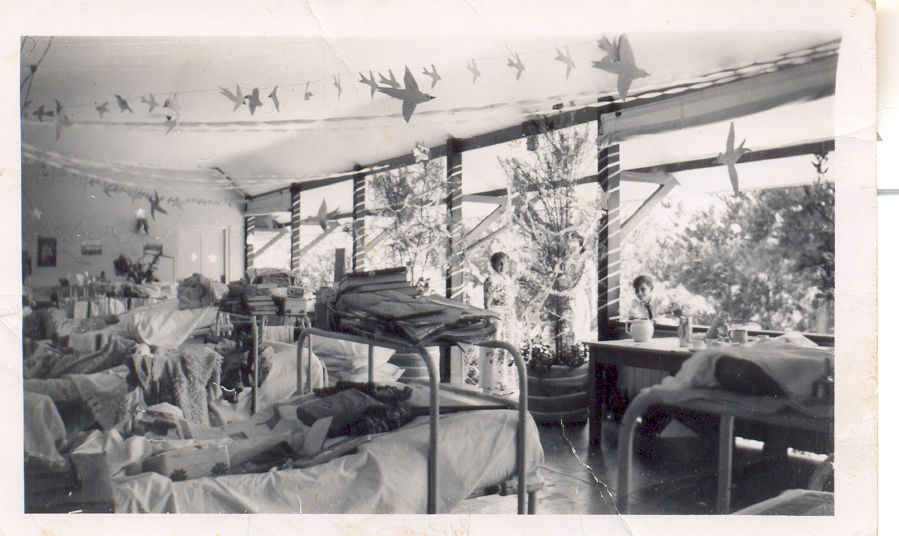6th August is the birthday of Scottish bacteriologist Alexander Fleming. He is best known for his discovery of penicillian in 1928. He subsequently received the Nobel prize in 1945 along with Howard Walter Forey and Ernst Boris Chain.
For a period of time in the 1900s, people would visit or move to ‘the hills” for the benefits of fresh country air to help with recovery. There were a number of weekenders and other establishments where people would stay and recuperate from illness and infection.
Most famously was the Wooroloo Sanitorium which operated from 1915 until 1970 after which it became a minimum-security prison. Wooroloo was ultimately chosen for a “consumptive’s sanitorium” because treatment for tuberculosis at that time was focused on rest, fresh air and sunshine and Wooroloo was situated on a high elevation and isolated.

The opening or the Wooroloo Sanitorium in 1915
The site was built to provide space for 200 male and 100 female patients divided into three classes, primary, intermediate and advanced and included administration, a laboratory, operating room kitchen and dining rooms a billiard room and a school for junior patients.
On higher ground was the laundry, bakery and powerhouse for maintaining power and hot water.
The ten bed ward blocks were terraced on the slopes of Beechina Hill facing the north and east with open fronts to enable patients to get the full benefit of open air and sunlight.
All buildings were of reinforced concrete for which stone was quarried and crushed on the reserve.
Opened on 1st May 1915 the new sanatorium had eighty patients within a month. Dr. Mitchell was the Chief Residential Medical Officer and a training scheme for nurses was instigated.
In 1944 Streptomycin was discovered and was first used in WA in 1947 and later other anti-tuberculosis drug therapy and compulsory chest X-rays soon revolutionised the treatment to the point that the Sanatorium was no longer needed.

Dr with 2 patients and Nursing Sister Nina Koch

Christmas Time in one of the open wards in 1949

Comments